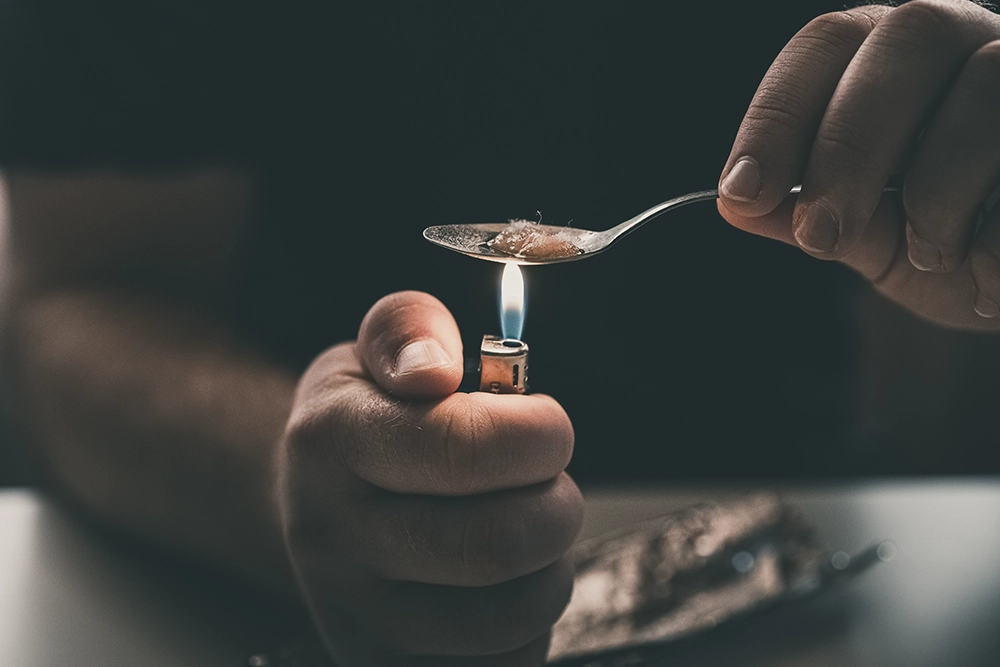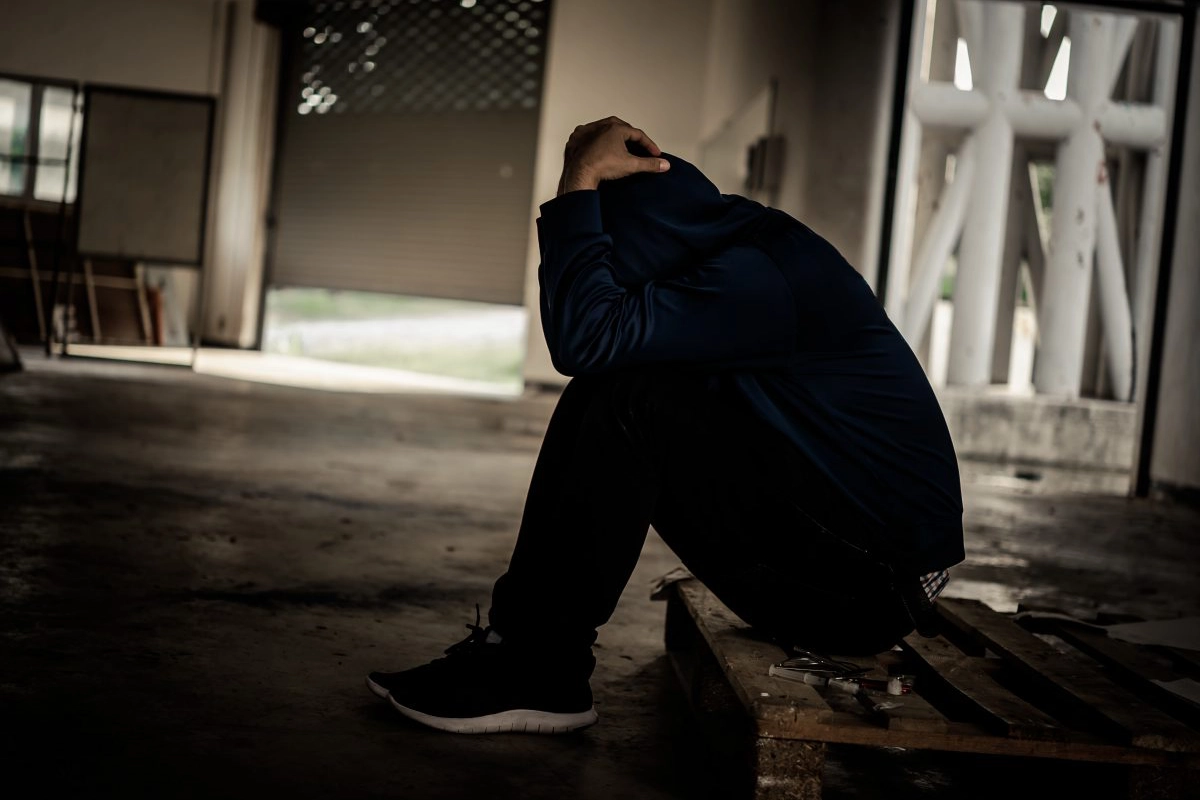Are you looking to find a rehabilitation program for heroin addiction treatment? One of the first steps in the treatment for heroin addiction is detox. During this time, you will be under the care of drug treatment specialists. They will make the detox process as smooth as possible. Nevertheless, you should be prepared for the withdrawal symptoms once you stop using heroin.
If you’ve been regularly using heroin, it is possible that you have developed a dependency on the drug. Now that you’ve decided to stop using heroin, you should be aware of the withdrawal symptoms that you will experience during heroin addiction treatment.
Some of the most common symptoms of heroin withdrawal are fever, diarrhea, cravings for the drug, aches and pains, insomnia, and mood changes. Typically, these symptoms may last for about a week.
Related article: How to Tell if Your Loved One has a Drug Addiction
What to Expect During Heroin Addiction Treatment?
If you’ve become a heroin addict, it’s expected that you’ll be experiencing withdrawal symptoms upon quitting. However, the symptoms may also be felt after binge-using the drug. The symptoms of withdrawal are similar to those when you’re having the flu. You’ll experience chills, sweats, fatigue, tremors, achiness, and nausea. If you’re a heavy user, the symptoms may be more severe. You may experience insomnia, anxiety, and depression, too.
During your heroin addiction treatment, you will go through detox. After your last dose of the drug, the symptoms will start to appear after about six to twelve hours. Its peak will be felt around the second or third day. The symptoms will then subside in about five to seven days.
But this is the usual experience of people who are recovering from heroin addiction. It is possible that you’ll experience post-acute withdrawal syndrome. It means that the withdrawal symptoms may last for a number of weeks to a few months.

What are the Withdrawal Symptoms During Detox?
Heroin use is much like borrowing pleasure so you can experience the high. However, the time will come when you have to pay that back. That’s how you’ll feel when you’re going through withdrawal. Keep in mind that whatever you’ll go through during detox is temporary. It’s your body adjusting as it gets rid of the drug in your system. It is a vital step toward your recovery from heroin addiction.
- Fever – You may experience a fever during withdrawal. Usually, your temperature may reach about 37.5 degrees Celcius. But if your temperature reaches 40 degrees Celcius or more, immediately go to the emergency room. If you have HIV, diabetes, heart problems, and other complications, seek medical attention if you have a high fever.
- Cravings – It is expected that you will crave heroin once you stop using it. Especially if you’re going through really challenging withdrawal symptoms, you’d want to reduce it by taking the drugs again. That’s why it’s best if you go through detox in rehab so that the healthcare providers can supervise you when the worst symptoms appear.
- Mood changes – Experiencing heroin withdrawal symptoms is going to be difficult. You will feel irritable, anxious, and depressed. You can’t understand your feelings at times. While you’re going through detox, you should have strong emotional support from your loved ones. Once the first week of detox is over, your mood will also improve.
- Body Aches – When you take heroin, it blocks the pain pathways of the body. When you go through withdrawal, it will be the opposite. You will feel pain in your legs and back. You will also notice that you’re more sensitive to pain than usual.
- Diarrhea – It is common for recovering addicts to experience stomach problems during withdrawal. The pain that you will feel in your stomach is usually because of spasms in your digestive system. You may experience a lot of discomfort with this symptom. Do your best to rest and refrain from doing heavy activities.
- Nausea – Vomiting and nausea are also common withdrawal symptoms. It will wear you out. It’s going to be uncomfortable but it won’t last long. You may lose some weight because you can’t keep the food in your system. Nevertheless, this is just temporary.
- Insomnia – No matter how exhausted you feel, you may not be able to sleep well during withdrawal. This restlessness is usually caused by the anxiety and discomfort you’re experiencing. You may find yourself yawning a lot but unable to get to sleep.
How to Deal with Withdrawal Symptoms?
The withdrawal symptoms during heroin addiction treatment are going to be uncomfortable and intense. Expect the first week to be the worst. But no matter how difficult it becomes, remember that it’s just temporary. The symptoms will subside later on. Here are some of the things that can be done so that you can deal with the withdrawal symptoms.
- Ask for Support and Help – When going through detox, it’s important that you are medically supervised so that if any symptoms become too intense, you can be given medical attention. Apart from that, ask the support of your loved ones during this tough time. It will surely help if you have someone you can talk to about what you’re going through.
- Drink Lots of Water – Remember that your body will expel most of what you’ll be taking in. Diarrhea and vomiting can dehydrate your body. That’s why you should drink lots of water and other fluids so that you will stay hydrated.
- Ask about Medications – There are medications that can help you deal with withdrawal symptoms. For example, you can ask meds for diarrhea, fever, and body pain. Most of these meds are over-the-counter medications. But to be sure, ask your physician for the right information on the dosage and the frequency of the medication intake.

Takeaway
Heroin addiction treatment can be tough but it’s something that you have to go through to get rid of the drug in your system. Hopefully, by knowing the withdrawal symptoms you will be better prepared for your detox process. Find a rehab centre that offers medically-supervised detox so that you know you’re being taken care of during such challenging times. Remember that the worst of the symptoms only last for a week. Push yourself to get through that week so you can move forward in your recovery journey.
Related article: Drug Addiction Recovery: How to Set Boundaries for Your Loved One







